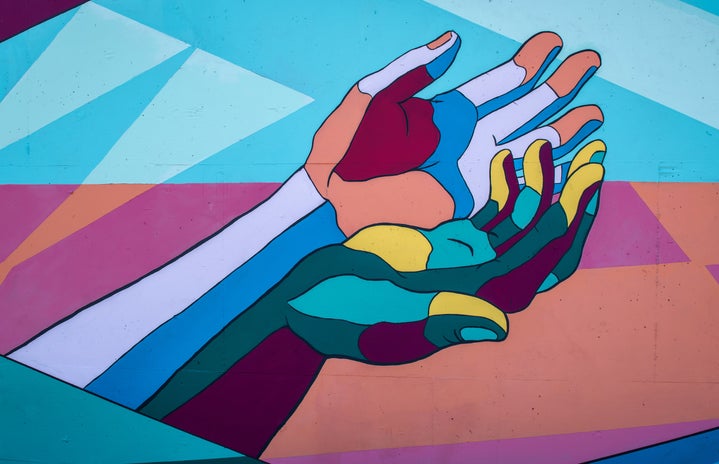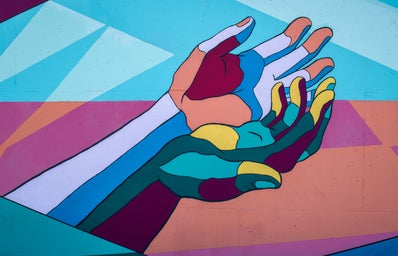In an interview with Jana Wendt, the brilliant author Toni Morrison said, “I insist on being shocked. I am never going to become immune. I think that’s a kind of failure to see so much of it that you die inside. I want to be surprised and shocked every time.”
The first time I was genuinely shocked at an event was in 2013, at the not guilty verdict of the George Zimmerman trial. 13-year-old me simply couldn’t comprehend how that outcome could be. At 14, I saw the streets of Ferguson, Missouri, inflamed for the injustice that occurred against Michael Brown. Once again, I was shocked. The months and years to follow became a long slew of police brutality incidents and unfathomable trial results that left me in shock. I was shocked again in 2016 when Trump was elected president because the unfathomable became fathomable.
Yet somewhere in between the Pulse nightclub shooting, ICE separating and locking undocumented immigrants in cages, impeachment trials, hate crimes, domestic terrorism, and mass natural disasters abroad, I became extremely numb. These events and news articles of misfortune, oppression, and lack of accountability integrated themselves into my life as routine. They became as normal as the sun rising and setting every day and my optimism for the world was nowhere to be found. And I know I’m not alone in this sentiment. Phrases of “disappointed, but not surprised” have become the expectation, the first response. Yet, as I read back the previous list of monstrosities that happened in America and abroad, they should be enough to shock readers. They should be enough to elicit a reaction of bewilderment. But today, we are far from such sentiment, and those who are shocked are labeled as naive and borderline ignorant.
But truth be told, I long to be shocked and unsettled again.
I believe that hope is a discipline. To have hope for a better society– a liberated society, knowing you probably won’t live to see it, despite continually fighting for it requires discipline. Hope requires discipline especially when the society you live in, systems of oppression, and all literally show you the exact opposite of what you desire and break your spirits continuously. But I’m starting to believe that like hope, to be shocked is also a work of discipline. To be shocked, according to the Merriam-Webster dictionary, is to be stricken with sudden mental or emotional disturbance. As exhausting as it is to be continuously weighted down by the tragedies of the world, who in the world would want to develop the discipline to be shocked perpetually?
However, I think to be shocked in this context is not to be “naive” or completely gullible to believe that outcomes will magically be different on their own. This is to say that to be shocked is to constantly call into question and remind oneself that these events that occur on this seemingly endless loop don’t have to. The current version of the world we live in shouldn’t be set as the default in one’s mind. As a social justice minor, I’m no stranger to the pessimistic comments I’ve received over the years and the disbelief in progress. When you think about it, I study theories and strategies to attack systems of oppression that can’t be easily pinned down and presented as tangible means.
So to be shocked doesn’t mean the absence of disappointment or heartache. But it does mean committing to a continuous effort to be disturbed, to feel and to be human. Like Morrison, I’m relearning to be surprised and shocked every single time.


